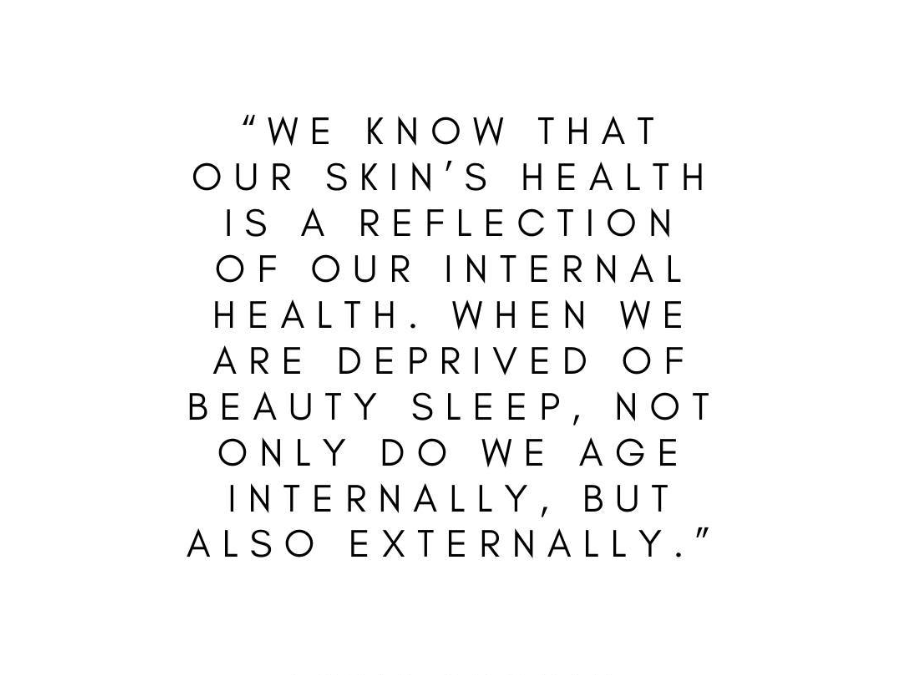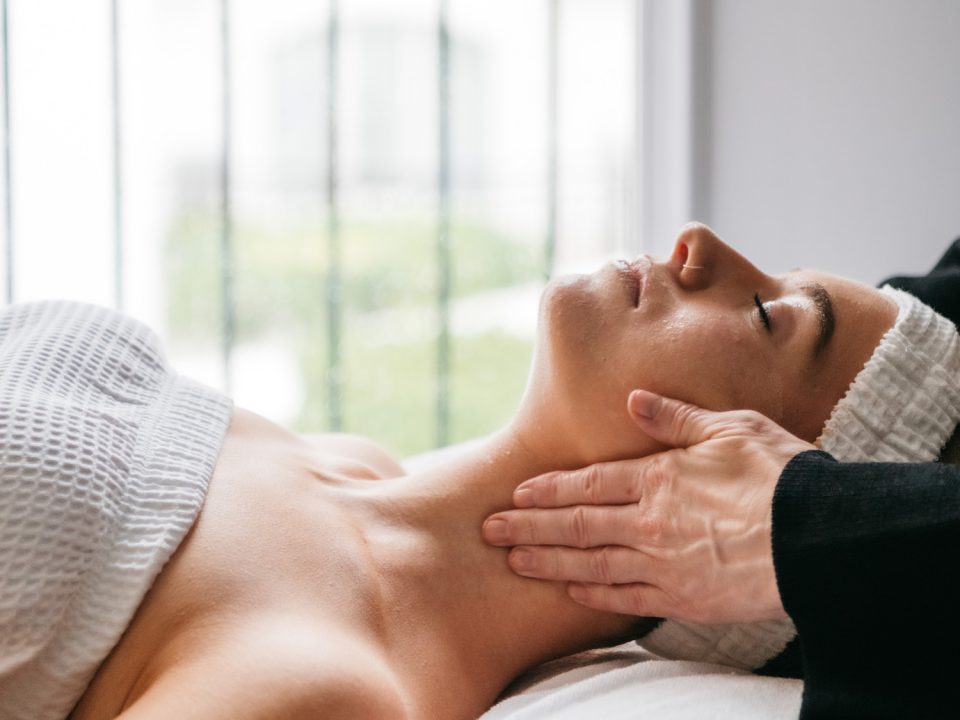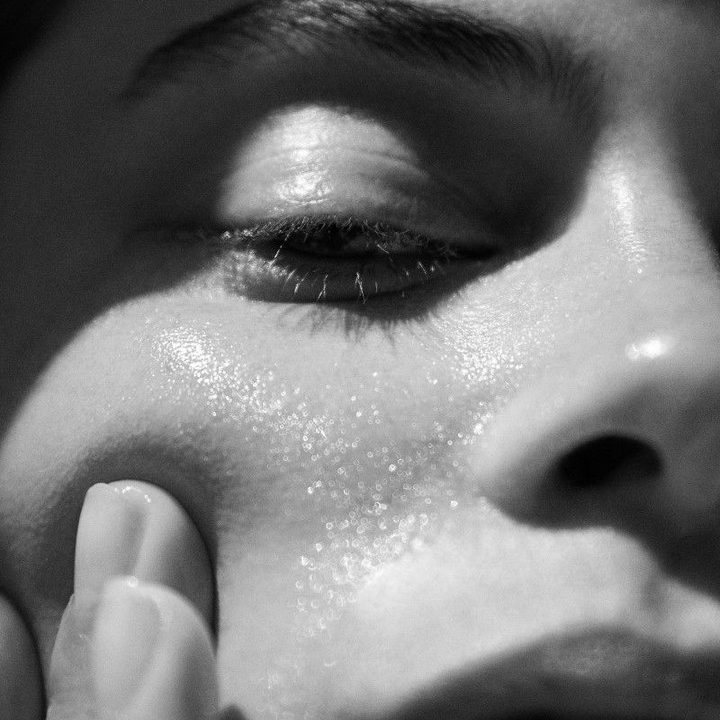The Power of Sleep

While the mysteries of sleep, its exact mechanisms, and how and why we need it are yet to be completely understood, decades of research has shown that it is extremely important for our health. And although we all have those friends of family members who insist that they only new a few hours of sleep to function, we know that the recommended amount for the general population is 8 hours per day. It is essential for optimal maintenance of physiological function, and the removal of neurotoxins from our cerebrospinal fluid – which maintains cognitive health. So why is sleep also essential for good skin?
We know that our skin’s health is a reflection of our internal health. Our systems are all intricately linked, and when there is a problem with one, the butterfly effect that occurs throughout also generally eventuates on the skin. When we are sleep-deprived, various systems and cell functions are impaired. Our lymphatic system is reduced, resulting in puffiness and stagnant lymph. Collagen function is slowed, leading to wrinkle formation. Our healing mechanisms are impacted, resulting in slower wound-healing. Cellular energy is reduced, resulting in tired-looking, fatigued skin. Our immune function is also impaired, leading to a decline in our natural defence mechanisms – including the skin’s ability to combat acne-causing bacteria.
In addition to this, a lack of sleep also prevents sufficient recovery following our nervous system’s stress response. “When we are deprived of beauty sleep, not only do we age internally as a result of elevated cortisol levels (which is a stress hormone associated with inflammation), but also externally as a result of decreased circulation, thereby skin looks dull and lacks its glow and hair looks dry,” Dr. Azza Halim says. “Decreased circulation is associated with decreased nutrients to skin and hair as well as our brain.”
Taking your beauty sleep to the next level – Sleep your way to better skin with these tips:
Silk pillowcases
These have become increasingly popular among skin gurus for good reason. They are less absorbent than cotton pillowcases, so greater amounts of yout favourite skincare products will stay on your face instead of your pillow. It also has a low incidence of irritation, making it ideal for dry skin, sensitivity, or eczema. It is also suggested that silk has less friction than its cotton counterparts. For stomach or side sleepers, smooshing your face into your pillow and creating physical wrinkling of the skin can result in dynamic wrinkles over time. A super soft and smooth silk pillowcase offers less friction and therefore less wrinkling. And lastly, in a hot environment, silk helps the skin stay cool, and therefore less sweat and bacteria accumulation.
Avoid salty food before bed
“Salty food before bed can cause puffiness near the eyes as the body tends to hold extra water to compensate for the extra salt,” Dr. Samuel explains.
Create a consistent sleep schedule
“Get your bedtime routine down to ensure high quality and restful sleep,” Dr. Heintze says. We recommend switching off from technology as you wind down before sleep, as devices can interfere with our circadian rhythm – also crucial for skin health, healing and function.
Sleep on your back
This may take some training and persistence to develop (as does any habit!) but shifting your sleep position could help reduce that physical wrinkle formation.
Stay hydrated
They don’t tell us to drink two litres of water a day for no reason! Dehydration also interferes with the body’s natural healing properties and cellular function. 8 hours is a long period of time, so ensure your body is well topped-up with water throughout the day, prior to bed, and again upon waking. Apply moisturisers with an occlusive agent (such as shea butter or squalane) before bed to seal in moisture and prevent transepidermal water loss.
We hope that these tips will inspire you to create your very own sleep-friendly sanctuary, and provide you with the blissful Zz’s you need for glowing skin each day.



